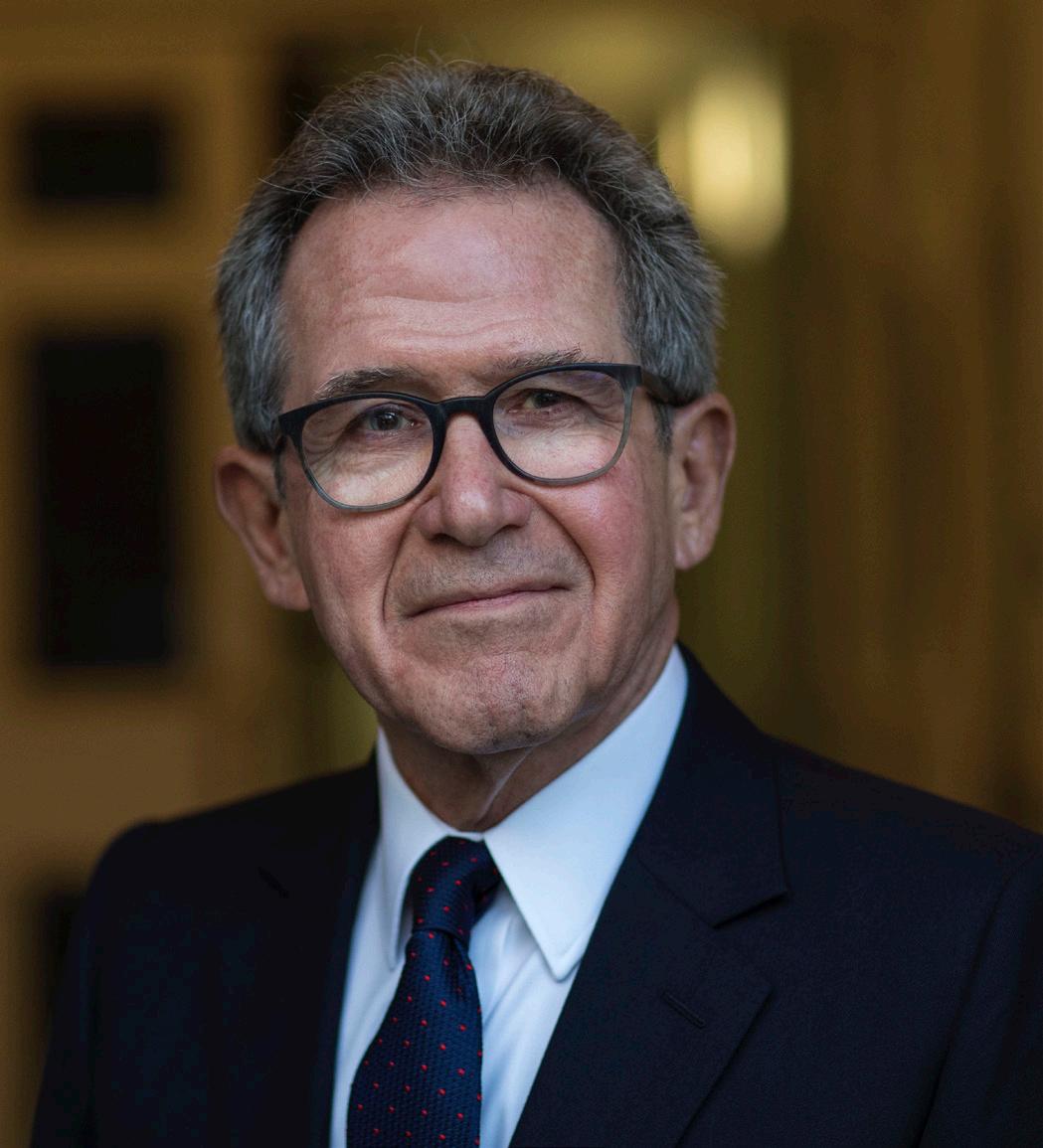
2 minute read
Foreword by Lord John Browne
from Pride With Purpose: How Businesses Can Support the Global Movement for LGBT Human Rights
by GiveOut
Foreword by Lord John Browne
The freedom to be oneself is the most fundamental of human rights, but it is often denied through the application of law, the influence of custom, or the impact of experience. In my own case, growing up in the United Kingdom, homosexual acts were illegal until I was almost 20 years old. Unsurprisingly, this influenced my decision to remain in the closet, as did my mother’s experience as an Auschwitz survivor. She counseled me that the majority always hurts the minority, and that sharing secrets always leads to people using them against you. As a result, I became convinced that my sexuality was best kept hidden.
Advertisement
That conviction was reinforced by my subsequent business experience. When I joined BP in 1969 as a graduate trainee in Anchorage, Alaska, it would have been a career-ending move to come out as gay. Men lived their lives on the oil rigs or in the bars, which were macho and sometimes homophobic environments. I felt that I had to conform, and if anybody challenged me, I evaded them or changed the subject.
By the time I became chief executive, I regarded personal discretion as vital to the company’s interests. I thought that a CEO was the public face of a corporation, and must maintain productive relationships with governments, suppliers and other CEOs, not all of whom treat LGBT people with the respect they show to straight colleagues. I was terrified that if I came out, I would lose respect, friends and business contacts, and so concluded that keeping my professional and personal lives separate was better for each of them.
I had failed to realise that the world around me was changing. Attitudes towards LGBT people in many countries had improved significantly. In corporate life, the importance – both moral and financial – of uncompromising inclusion was becoming clear. Today, it is at the top of any serious corporate executive’s agenda. In these environments, young executives in their 20’s should be free of the fears which plagued me for over 40 years. But in London, New York or San Francisco, it is easy to become complacent about the pace of change. As Pride with Purpose reminds us, the job of LGBT inclusion is far from complete. Constant vigilance is needed.
When I give talks about my experiences as a closeted gay man and as a global business leader, one of the questions I am most commonly asked is: what should companies do in countries where it is difficult or unsafe to identify as a member of the LGBT community? This question is more important than ever following the enormous changes wrought to our personal, social and professional lives by the global pandemic, which has disproportionately affected those who are already marginalised. I am delighted that GiveOut has chosen to explore this important aspect of LGBT inclusion, and that it has presented a series of practical recommendations to help companies play a role in supporting LGBT rights and inclusion worldwide.
Business sometimes clings to the past and lags behind the rest of society. But at its best, it is the engine of human progress. From apartheid to the fight against climate change, and from equal pay to equal marriage, business has been at the forefront of social change. Long may that continue.







